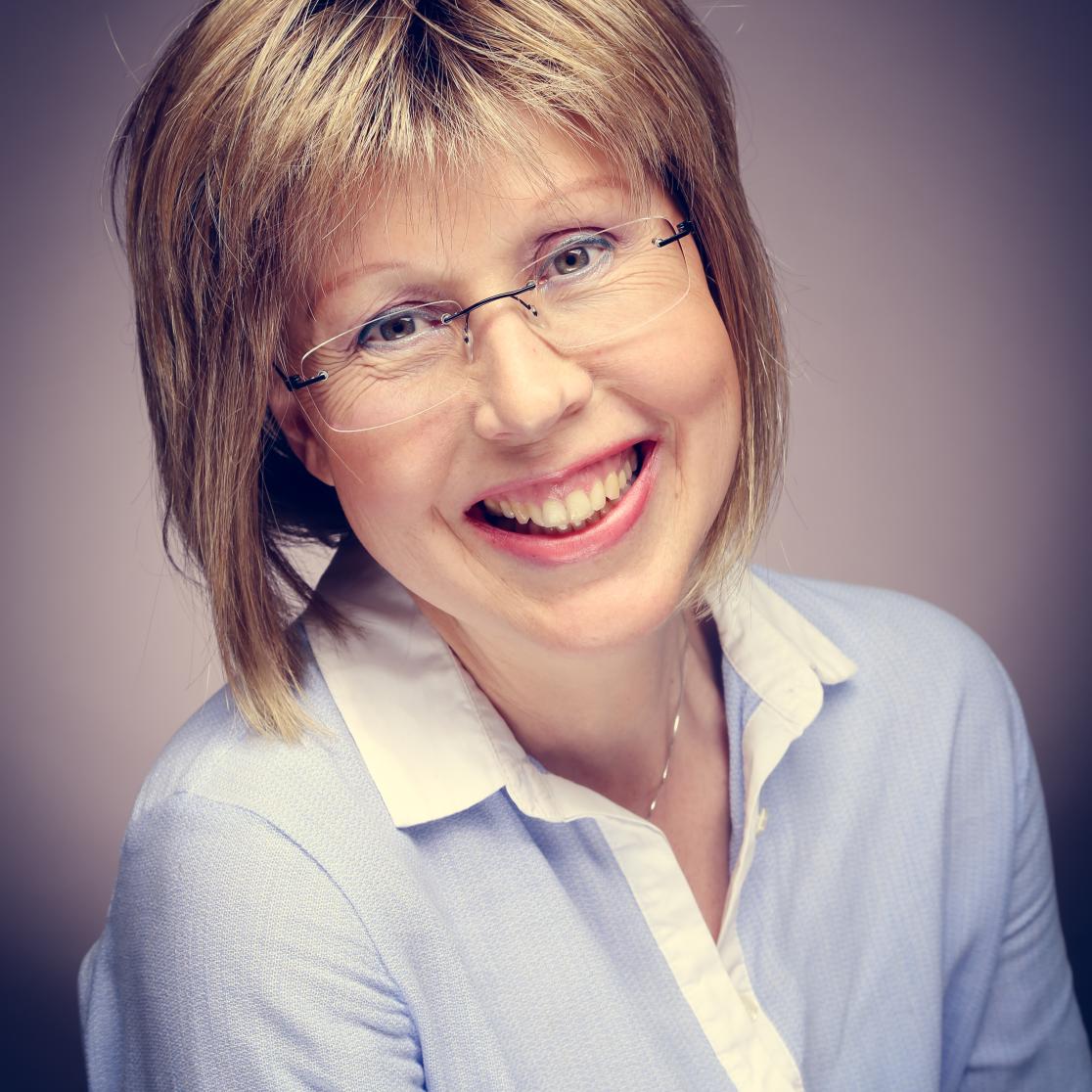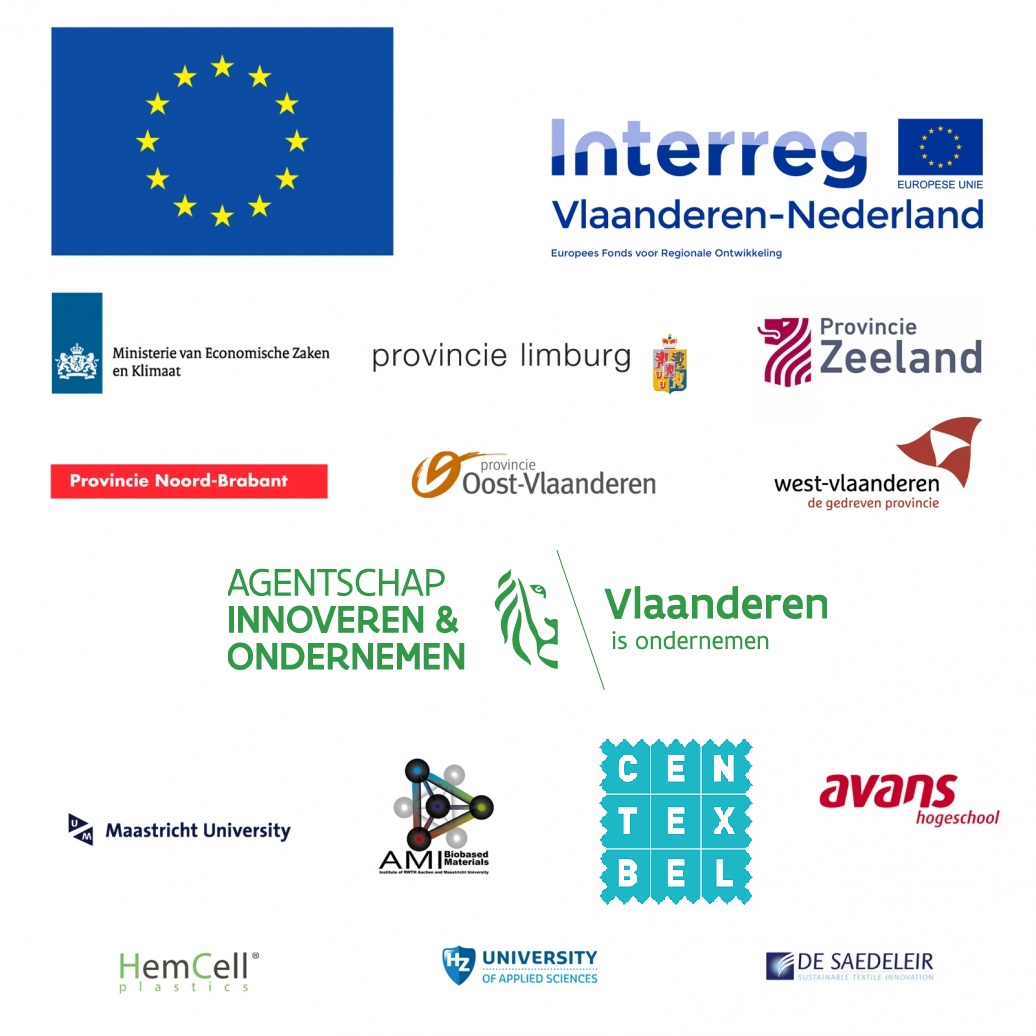The approval procedure from sending the letters to the PhD-office, submission of the manuscript to the Assessment Committee to setting a date for the graduation need to be prepared a half-year beforehand.
See also the time schedule in the model letters.
- The PhD candidate should request the Board of Deans to appoint the supervisor and co-supervisor(s).
- The PhD candidate should request admission to the degree ceremony and request the supervisor to inform the Board of Deans of the composition of the Assessment Committee.
- The PhD candidate should request the supervisor to submit his/her dissertation to the Assessment Committee.
- Within four weeks of receipt of the thesis, the Assessment Committee decides whether the PhD candidate can be admitted to the degree ceremony. If the Assessment Committee has points of criticism, which are such that the thesis can be improved, the Committee may decide to extend the period of approval by four weeks.
- The Committee will inform the primary supervisor about the admission or rejection of the PhD candidate to the degree. The PhD candidate can contact the Bureau Academic Ceremonies to set a date when the thesis is approved.
- PhD candidates are free to choose where to have their thesis printed. Under conditions, PhD candidates are entitled to an allowance for printing and reception costs.
FHML dissertations generally consist of a number of separate scholarly papers, all or some of which have already been published in the form of articles and which demonstrate sufficient mutual coherence. It should also contain an introduction and a conclusion, in which the relationship between the papers is explained, a summary, valorisation addendum and eight to eleven propositions. The first promoter decides, in mutual agreement with the other supervisors, when the manuscript is of sufficient quality to be sent to the Assessment Committee.
Detailed descriptions of the requirements can be found in the Regulation governing the attainment of doctoral degrees Maastricht University.* The sample letters to apply for access to the PhD degree and the Declaration of scientific integrity should be sent to the PhD office of Maastricht University around the time the manuscript is finished, keeping a time frame of about 20 weeks in mind until the date of the actual PhD ceremony.
* This regulation also offers general information about who can do a PhD, the task of a (co-)promotor and the composition of the review committee.
After a long battle with disease, our colleague Annette Goozen-Sirks passed away on 31 March 2018 at the age of 46. Even though we closely followed her disease process, we are shocked by the news that Annette is no longer there; her death came unexpected for us.
Annette joined the UMIO team in June 2009 and, with her radiant laughter and enthusiasm, she immediately became a beloved colleague. After a few years, she moved to the Administration Office, to serve as secretary to the faculty board. We have come to know Annette as a wonderful, conscientious colleague. Because of her engagement, loyalty and sense of humour, she was a highly appreciated member of the team. In her free time, she showed her great love for animals, particularly for the homeless dogs she cared for and whom she offered a home.
Annette always had a listening ear. She was able to look at any situation from the bright side like no other and her positive attitude was contagious. That’s also how she coped with her illness. Annette always believed in a positive outcome and with this optimism and inner strength, she and her husband kept searching for the right treatment.
Her strength and perseverance have left a great impression on us. Despite the many setbacks she experienced, she remained committed to SBE and came back to us every time.
Like a few weeks ago, when she joined the Admissions team in January. She was so happy to be able to work for the faculty again and looked to the future with a positive spirit. It’s therefore hard for us to comprehend that she has left us so quickly.
Our thoughts are with her loved ones, in particular her husband Edwin. We wish them a lot of strength to bear this enormous loss. We are going to miss her.
Maastricht University School of Business and Economics
Colleagues at the Administration Office and UMIO
Prof. dr. H.P. Møllgaard, Dean
Drs. E.P.J. Peters RC, Director
The funeral ceremony will be held at the ‘De Tesch’ Crematorium on Saturday, 7 April 2018. The crematorium is located at Prins Bisschopssingel 67 in Hasselt (B) and will open from 1.15 pm.
You can leave a personal message in the condolence book at the faculty reception at Tongersestraat 53.

The Student assistant will support the Workgroup International Schools in various matters such as:
- Coordinate counselor tours/ visits
- Administrative duties
- Prepare and send materials for recruitment activities
- Prepare and send agenda; take notes during meetings
- Contact with prospective students
- First contact with counselors
- Responsible for database student counselors/international schools
- Collect all evaluations & make an overview
- Participate in fairs
- Update promotion materials
- Planning of and participating in school visits
We are looking for an international school (IB/EB) alumnus, who is an initiator, pro-active, accurate, motivated, flexible and can work independently.
The hours are flexible (usually around 8 hours per week) and the position will be contracted through InterUM. The official start is 14 May 2018, and training will be provided in the following month.
If you would like to apply, please send a motivation letter and CV to internationalschools@maastrichtuniversity.nl with the subject title: APPLICATION (Your Name) before Wednesday, 18 April, 2018.
Job interviews will take place on in the first week of May 2018.

Research lines
Sex research
Experimental studies are conducted to elucidate basic mechanisms of sexual functioning, with a main focus on relational dynamics, sexual synchrony, and dyadic interactions between partners. For this, psychophysiological, observational and diary assessment are used, in both partners. We have installed the first dyadic sex lab in which we measure psychophysiological responses of both partners simultaneously in response to endogenous and exogeneous sexual stimuli. New instruments are being developed to induce vaginal pressure and measure pelvic floor muscle tension in the context of genital pain and a mobile version of the penile and vaginal plethysmograph has been developed to measure genital sexual arousal in a non-lab context.
Clinical studies mainly focus on female genital pain disorders, approached from a dyadic perspective. This line of research involves psychophysiological research into the mechanisms of genital pain and the efficacy of biopsychosocial intervention.
A selection of our current research themes:
- Sexual synchrony and coregulation of sexual arousal responses between partners
- The link between sex and attachment
- Sexual information processing
- Genital pain from a biopsychosocial perspective: the role of pelvic floor, sexual arousal and psychosocial risk and resilience factors
- Genital pain from a learning theory perspective: the role of fear generalisation
- Sexual self-concept and sexual well-being in transgender people
Positive psychology
In the positive psychology research line, we mainly focus on the role of optimism. In experimental research, we use a writing and visualisation technique (Best Possible Self) to (temporarily) increase optimism and study its effects on several outcomes (self-report, behavioural, and psychophysiological). In clinical research we apply this technique (as stand-alone or combined with other positive psychology exercises) to patients with bodily disorders to help them to better cope with their condition.
A selection of our current research themes:
- Cultural differences in responsiveness to positive psychology techniques
- Optimism induction as a reinforcement of exposure treatment
- Efficacy of a positive psychology program for chronic pain and tinnitus patients.
Staff members
- Prof dr Madelon Peters
- Prof dr Johan Vlaeyen
- Dr. Linda Vancleef
- Dr. Marieke de Witte
- Dr. Ann Meulders
- Dr. Dimitri van Ryckeghem
- Dr. Kai Karos
Postdoc
- Iris Coppieters
- Rachel Sjouwerman
- René Tanious
- Maurice Theunissen
- Gwen van der Wijk
PhD candidates
Lorenza Annibale
Haixu Du
- Anne Lukas
Justine MacGoris
- Neha Parashar
- Aleksandra Pawlowska
- Pietro Scarone
- Juliane Traxler
- Alexandra Vasilache
- Liyang Wu
- Jiaojing Xu
- Ting Xu
Support staff
- Paula Ghijsen (secretary)
Media and more information
- Sex, Love, Corona | A podcast with Marieke Dewitte
-
A Deep Dive into the Fear-Avoidance Model of Pain | A podcast With Johan Vlaeyen
-
Amazone Studie | prevention of persistent pain after breast cancer treatment
-
Kun je positiviteit aanleren? | Studium Generale lezing Madelon Peters
Research departments
For the overarching research departments visit these pages:
Graphene, the two-dimensional allotrope of carbon, is said to be one of the most promising materials of the 21st century. For polymers, graphene is a potential filler material for the realization of electrically conductive materials which could find application in fibre-form as part of smart textiles. Anyway, the interaction of graphene with the surrounding polymer and its interaction with polymers is quite unknown yet. In order to tackle this bottleneck and to pave the way to tailor-made nano-composite materials, the project consortium will investigate the influence of graphene on polymers. Therefore, a three-column approach is pursued, consisting of a simulation of graphene in polymers, the preparation of polymer compounds and fibres within a design of experiments and finally the macroscopic modelling of correlations via neuronal nets and fuzzy logics.

Pure Nature: 100% biobased (BB100)
The main goal of the BB100 project is the development of a process chain towards fully bio-based man-made fibre materials. This does not only include the mere processing of biopolymers, but also commonly used additive materials like plasticizers, flame retardants, colorants and nucleation agents. Fully bio-based yarns and textile demonstrators will be developed.
Both Flanders and the South of Netherlands traditionally have a large number of companies that are active in the plastics processing industry, particularly in the field of textiles: Both regions hold extensive expertise in the development and production of carpet and clothing. By 2030, the textile sector aims to use between 20% to 50% biobased materials in its products. In order to realize this, it is necessary for the textile industry to obtain high-quality fibers and yarns based on 100% biobased materials.
The project 'Pure nature: 100% biobased' aims to provide sustainable, non-toxic, and biodegradable alternatives based on renewable raw materials. This project is a collaboration between Maastricht University, Avans University of Applied Science, Centexbel, HZ University of Applied Sciences and the companies De Saedeleir Textile Platform and HemCell. The project results in the development of fully biobased plasticizers, flame retardants, dyes, stabilizers, adhesives, and nucleating agents. For example, in textiles, color intensity and stability are the most important quality indicators. However, biobased dyes are commercially available to a limited extent and often do not meet quality criteria such as color authenticity.
This project focuses on developing natural dyes from marine organisms (such as algae) and agricultural crops which (amongst others) contain sorghum and onion peels. The developed additives will be tested in the laboratory in which different combinations are applied via compounding (mixing in molten state), extrusion (spinning into fibers in molten state), coating, finishing and dyeing. After analysis of the developed compounds and textile fibers, an evaluation will be made to identify the most suitable chemical technology to develop fully (100%) biobased textile products in large scale. In addition, these processes are being up-scaled to a pilot scale to allow various companies to develop fully biobased tufted carpet, clothing, bedding and non-woven carpet backing. Lastly, the biobased additives, fibers, and applications are examined for their environmental impact in the various development stages by means of a life cycle assessment (LCA).
The project “Puur natuur: 100% biobased” is financed within the Interreg V program Flanders-Netherlands, the cross-border cooperation program with financial support from the European Regional Development Fund. More info: www.grensregio.eu.